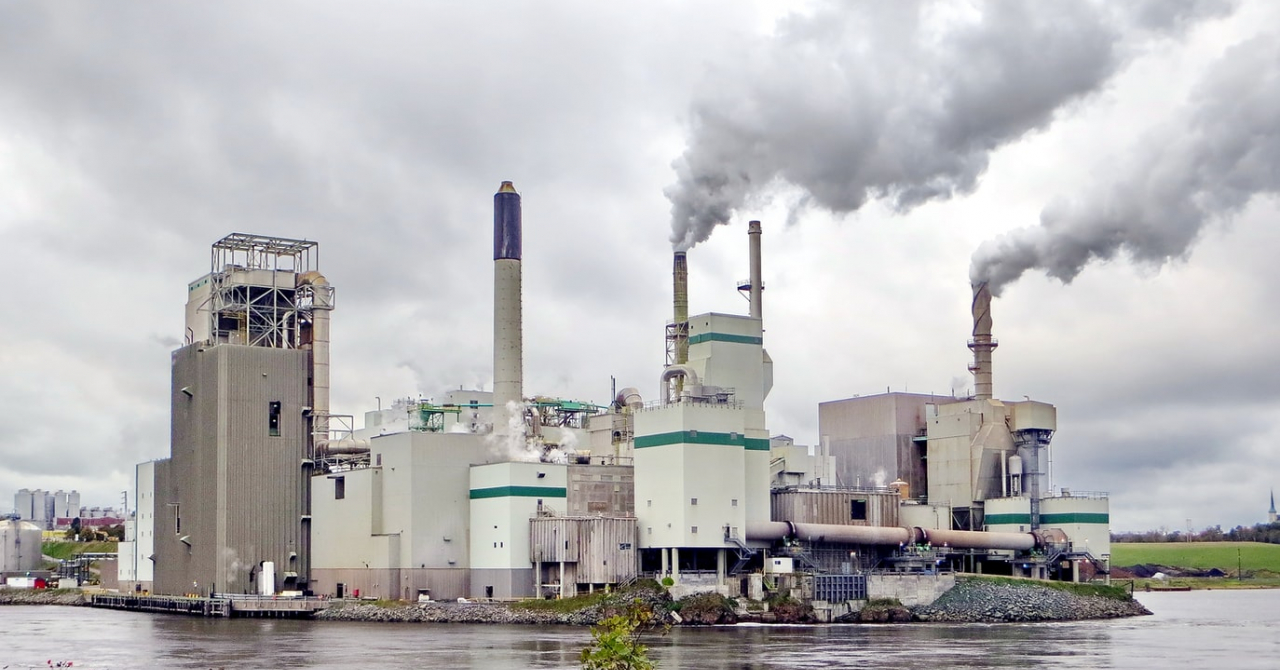According to the agency, methane is responsible for around 30% of the rise in global temperatures since the Industrial Revolution, and quick and sustained emission reductions are key to limiting near-term warming and improving air quality. Methane dissipates faster than carbon dioxide (CO2) but is a much more powerful greenhouse gas during its short lifespan, meaning that cutting methane emissions would have a rapid effect on limiting global warming.
The IEA said its annual Global Methane Tracker report shows emissions from the energy sector grew by almost 5% last year.
The energy sector – including oil, natural gas, coal and bioenergy – accounts for around 40% methane emissions from human activity. Tackling methane emissions from the energy sector represents one of the best near-term opportunities for limiting global warming because the pathways for reducing them are well known and often cost-effective.
The IEA was created in 1974 to help co-ordinate a collective response to major disruptions in the supply of oil. While oil security this remains a key aspect of our work, the IEA has evolved and expanded significantly since its foundation.
 Oana Coșman
Oana Coșman












Any thoughts?